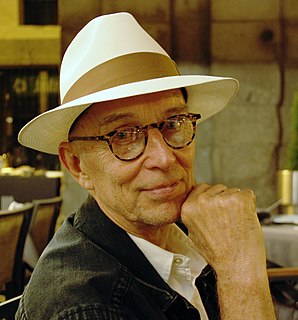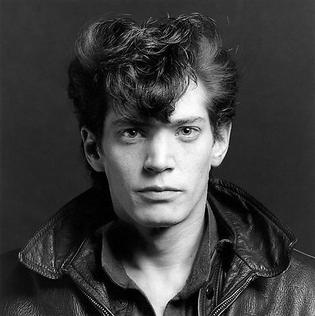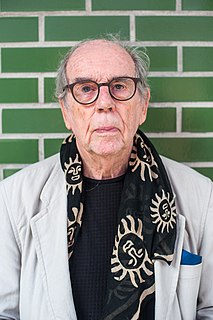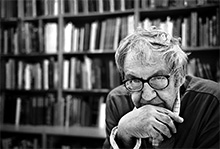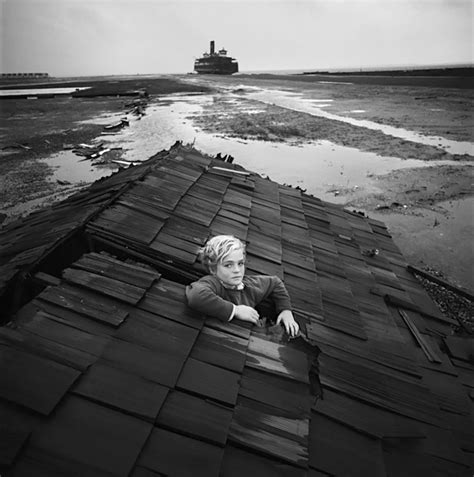A Quote by Robert Adams
Your own photography is never enough. Every photographer who has lasted has depended on other peoples pictures too - photographs that may be public or private, serious or funny, but that carry with them a reminder of community.
Related Quotes
A photographer's best pictures are from deep inside him, and also some of the worst. Some photographers enjoy distinguished careers without ever taking personal photographs. Others, audaciously and arrogantly and courageously discharge their most private feelings through photography. Trouble is, sometimes it all adds up to baloney.
Your photography is a record of your living - for anyone who really sees. You may see and be affected by other people's ways, you may even use them to find your own, but you will have eventually to free yourself of them. That is what Nietzche meant when he said, 'I have just read Schopenhauer, now I have to get rid of him.' He knew how insidious other people's ways could be, particularly those which have the forcefulness of profound experience, if you let them get between you and your own personal vision.
To us, the difference between the #? photographer as an individual eye and the photographer as an objective recorder seems fundamental, the difference often regarded, mistakenly, as separating photography as art from #? photography as document. But both are logical extensions of what photography means: note-taking on, potentially, everything in the world, from every possible angle.
I think I’ve said this before many times—that photography allows you to learn to look and see. You begin to see things you had never paid any attention to. And as you photograph, one of the benefits is that the world becomes a much richer, juicier, visual place. Sometimes it is almost unbearable — it is too interesting. And it isn’t always just the photos you take that matters. It is looking at the world and seeing things that you never photograph that could be photographs if you had the energy to keep taking pictures every second of your life.
[Persons] who are recognized as citizens in any one state of the Union [have] the right to enter every other state, whenever they pleased... full liberty of speech in public and in private upon all subjects upon which its own citizens might meet; to hold public meetings upon political affairs, and to keep and carry arms wherever they went.
Part of the role of photography is to exaggerate. Most of the photographs in your paper, unless they are hard news, are lies. Fashion pictures show people looking glamorous. Travel pictures show a place looking at its best, nothing to do with the reality... Most of the pictures we consume are propaganda.
When you work fast, what you put in your pictures is what your brought with yoiu - your own ideas and concepts. When you spend more time on a project, you learn to understand your subjects. There comes a time when it is not you who is taking the pictures. Something special happens between the photographer and the people he is photographing. He realizes that they are giving the pictures to him.
I never intended to write poems, nor to be a photographer, nor to be a film-maker. I just took many, many pictures and I would put them in an album, and then some years later I decided to show them and suddenly I was called a photographer. Same thing with my poetry. They're notes that I'd written in a book and it may be considered poetry.
Photography has an amazing ability to capture the fine detail of surface textures. But far too often these intricate patterns are loved by the photographer for their own sake. The richness of texture fascinates the eye and the photographer falls easy prey to such quickly-caught complexities. The designs mean nothing in themselves and are merely pictorially attractive abstractions. A central problem in contemporary photography is to bring about a wider significance in purely textural imagery.

